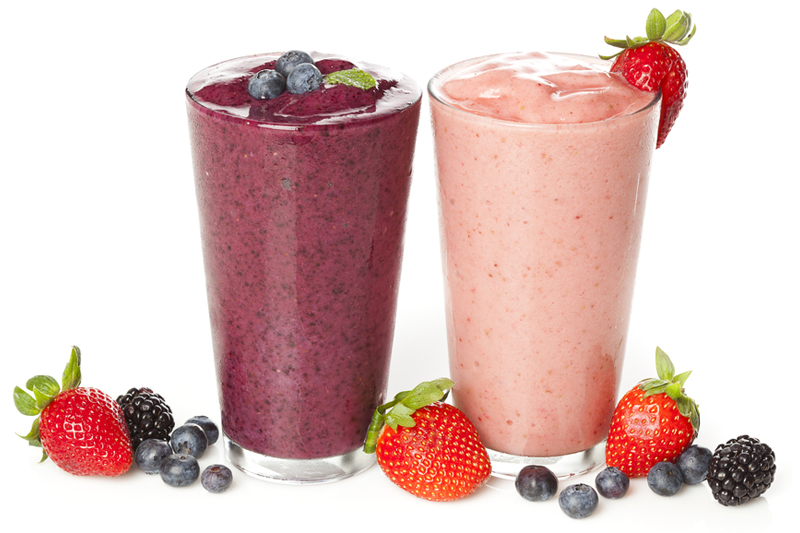One theory that most diet plans work by is – ‘Cut your calorie intake to lose weight’. Unfortunately, we tend to take this advice to the extreme and end up counting every calorie on our plates. Before you know it, food is replaced by a pie chart which shows numbers. Instead of relishing your food, you opt to calculate the total calorie count, and it doesn’t help at all.

Here, we give you 5 reasons why focusing on the food you eat is more important than simply cutting the calories you consume:-
1) Labels Usually Lie
As per law, manufacturers are allowed a 20% margin of error on the nutrition facts panel. This means that 100 calories is actually 120 calories, 500 is 600 and so on. It is only a punishable offence if the variation is above 20%
2) Parameters in Food Change with Time
Every season and region can affect the parameters in food. A tomato may not have the same number of calories in winter as compared to summer; the amount varies.
3) More Calories Result in Weight Gain is a Myth
Ultimately, what matters is how many calories you burn from the calories you consume. Don’t expect to lose weight by simply consuming fewer calories and not working out at all.
4) Benefits of Healthy Foods are Restricted
Meats, eggs, olives, fish, etc. are high in calories, but are rich in protein and other nutrients as well. that are essential for your body. In removing these foods from your diet, you might start losing muscle mass more than fat; thus contradicting the purpose of your diet.
 5) All Calories aren’t Absorbed
5) All Calories aren’t Absorbed
For foods like almonds and other nuts, around 20% of the calories are not absorbed. It’s possible due to their cellular structure and the way food is digested by our body. A lot more calories are absorbed from foods that are highly processed.
Instead of counting calories, there are some things which can give a bigger benefit to your body:
• Listen to your body. It usually knows what’s good for it.
• Sit down when you eat and give your meal your full attention.
• Concentrate and listen to the sensations in your body before, after and during your meals.
• Savour the flavours, texture, sounds, richness and taste.
• Make an effort to eat healthy foods that taste good and otherwise.
• Sometimes, eat whatever you feel like so you don’t feel deprived.
Article Source – pilatesnutritionist.com





 1800-270-7000
1800-270-7000










